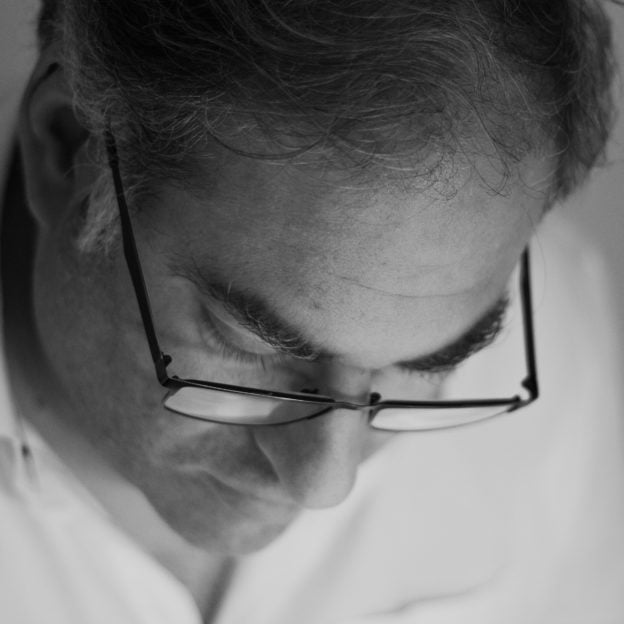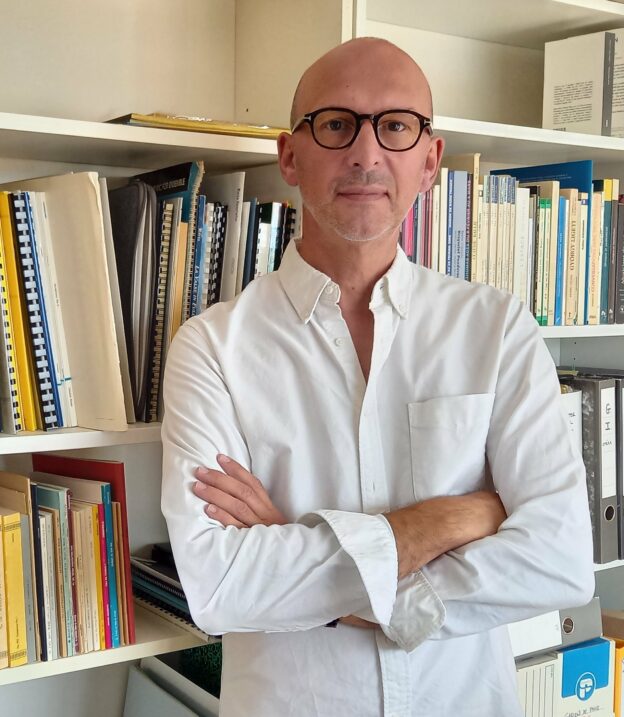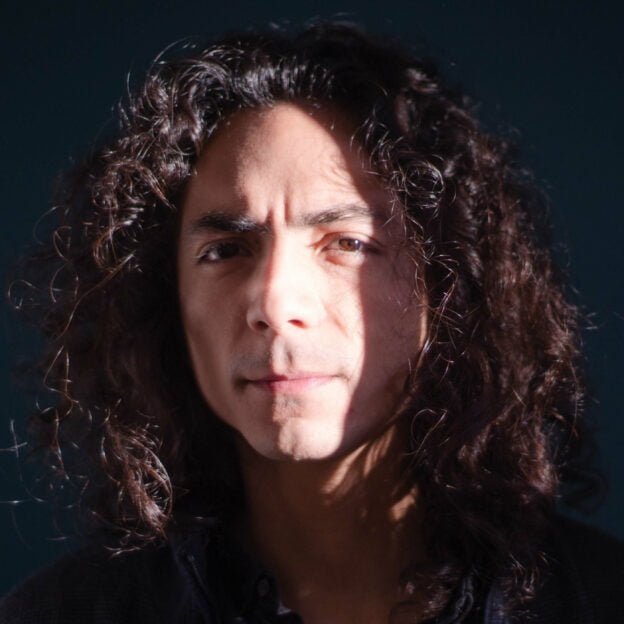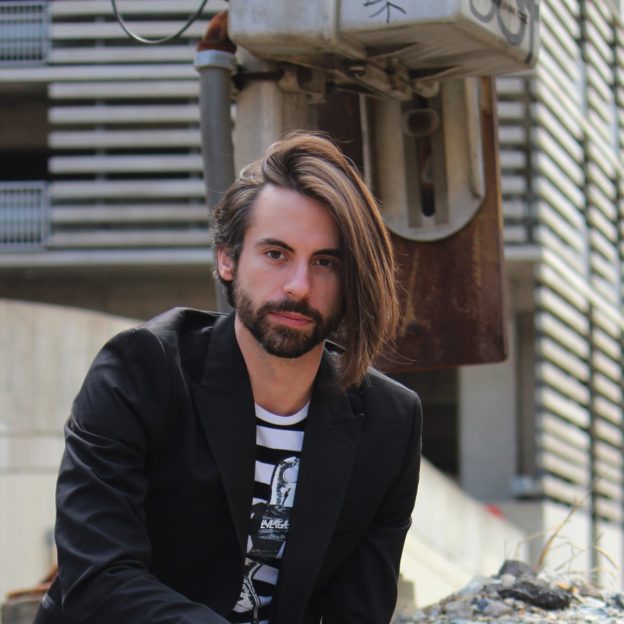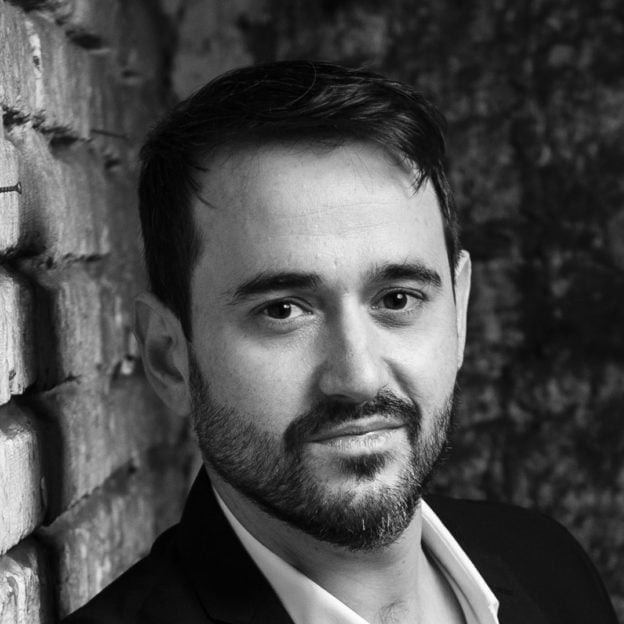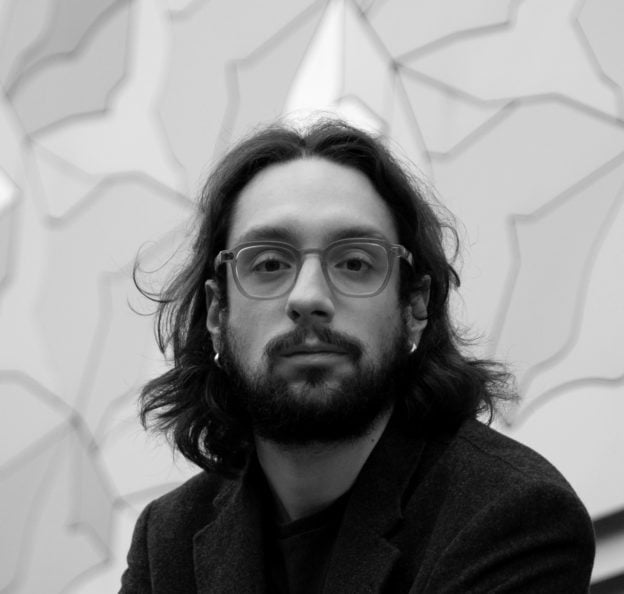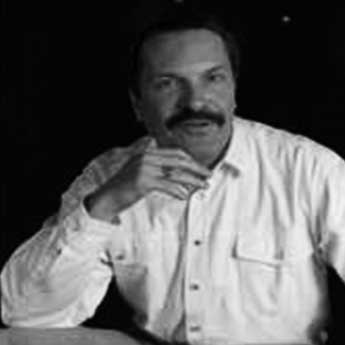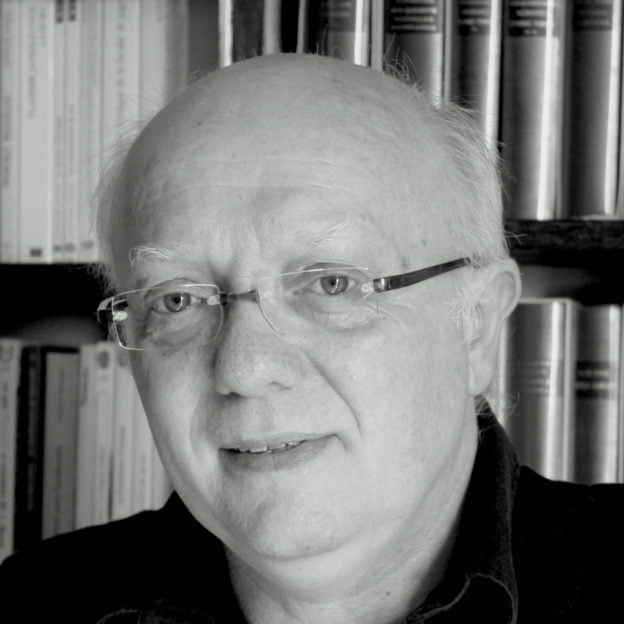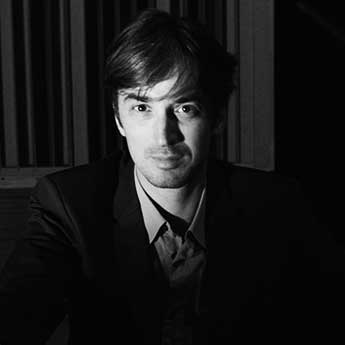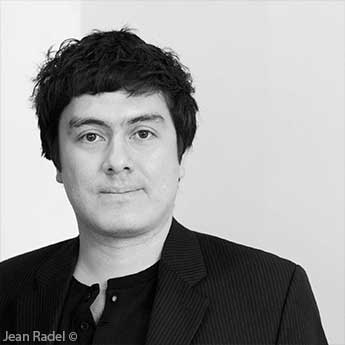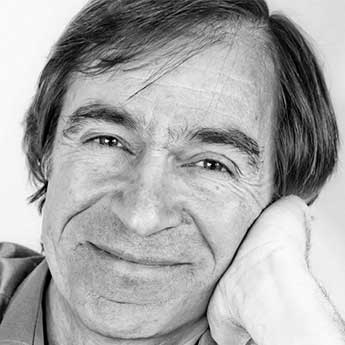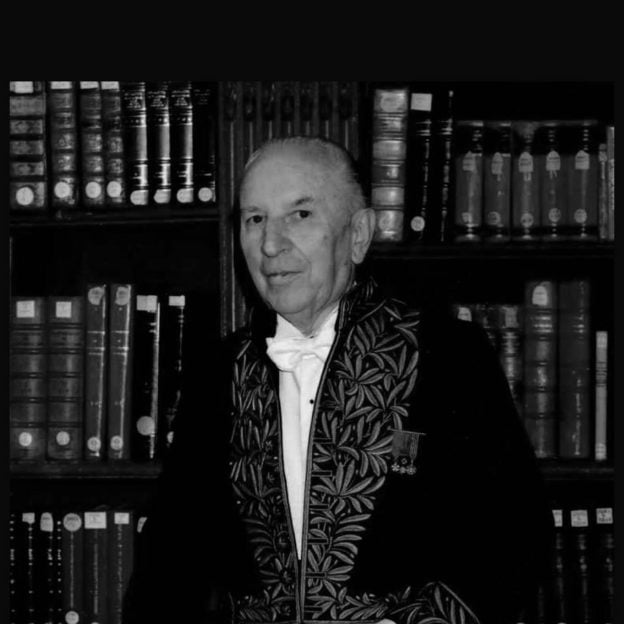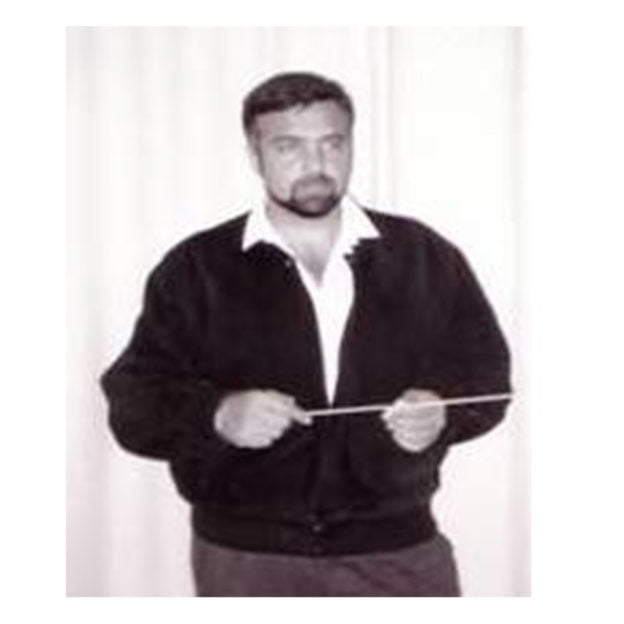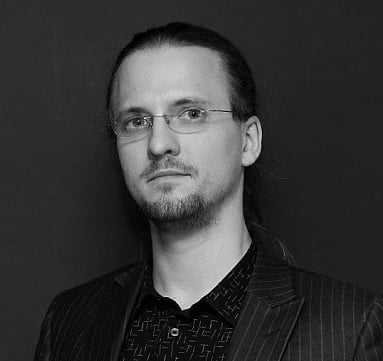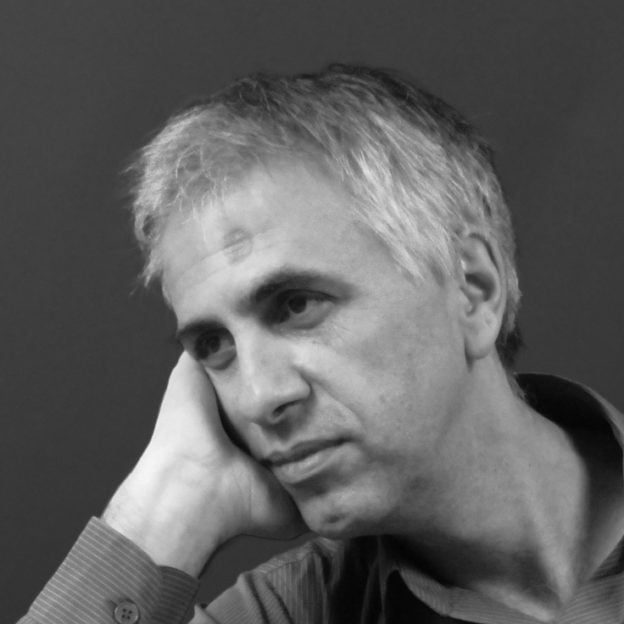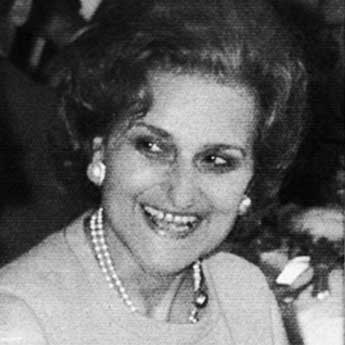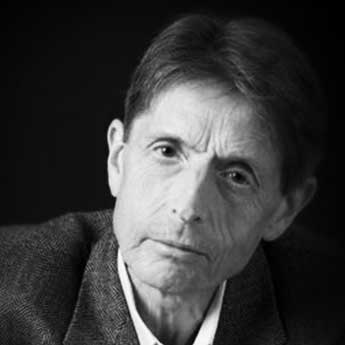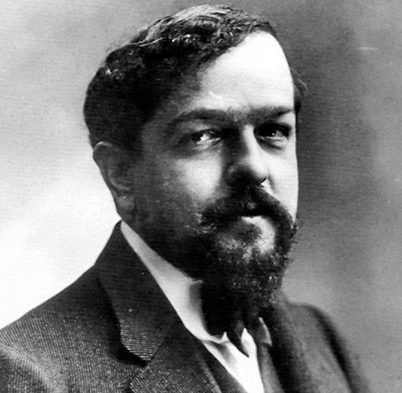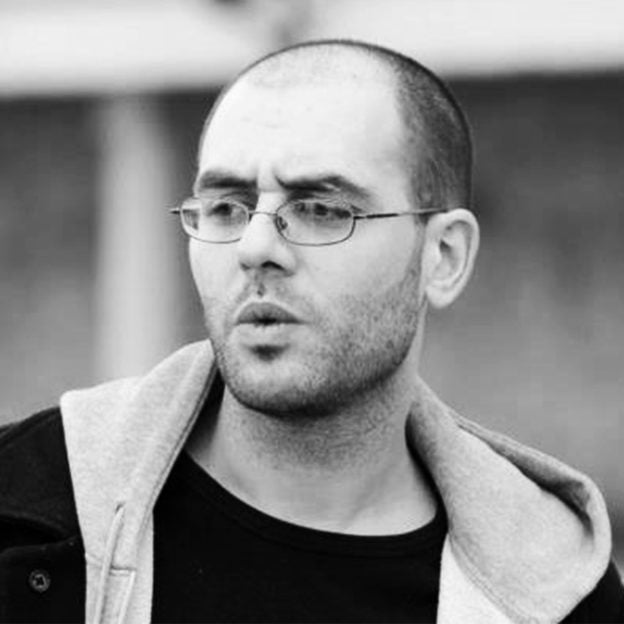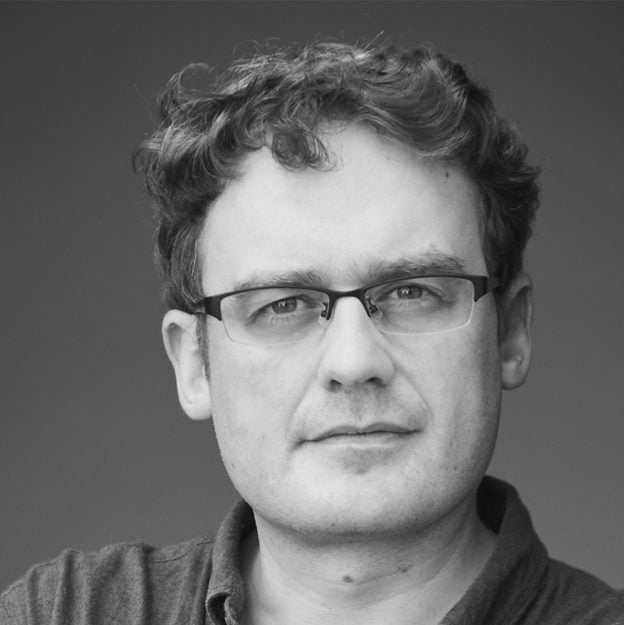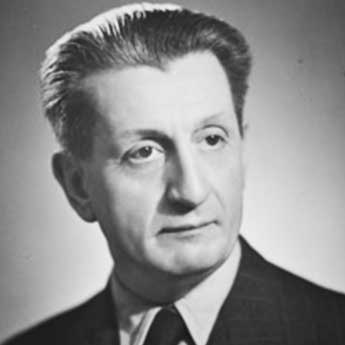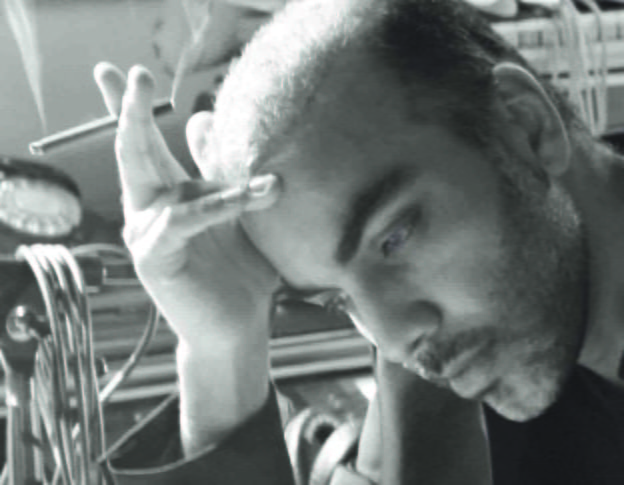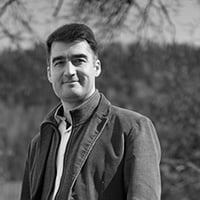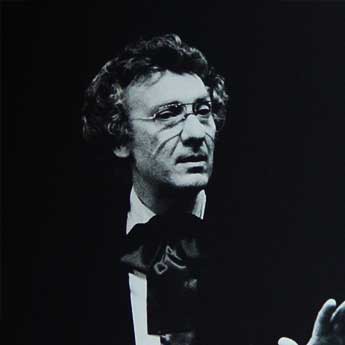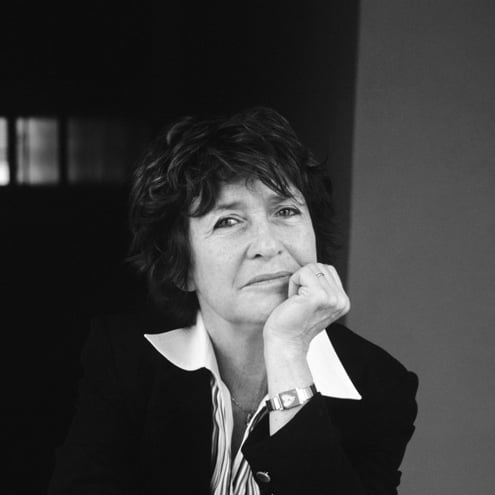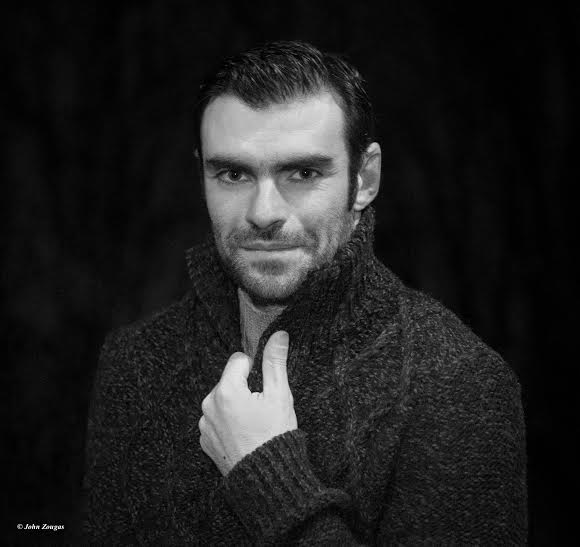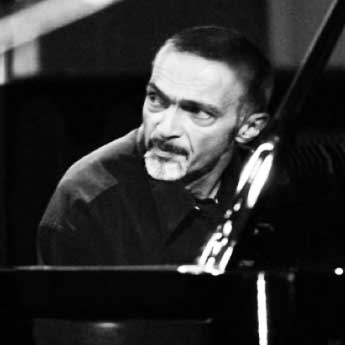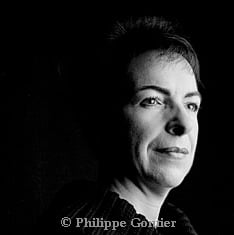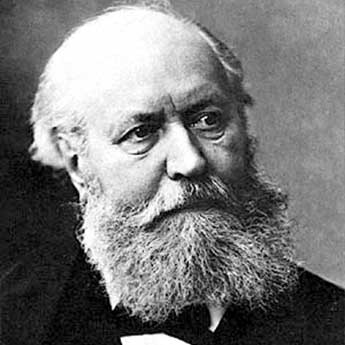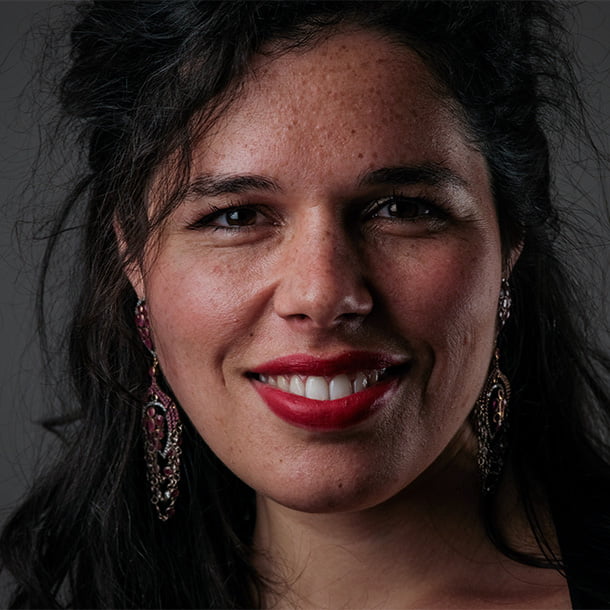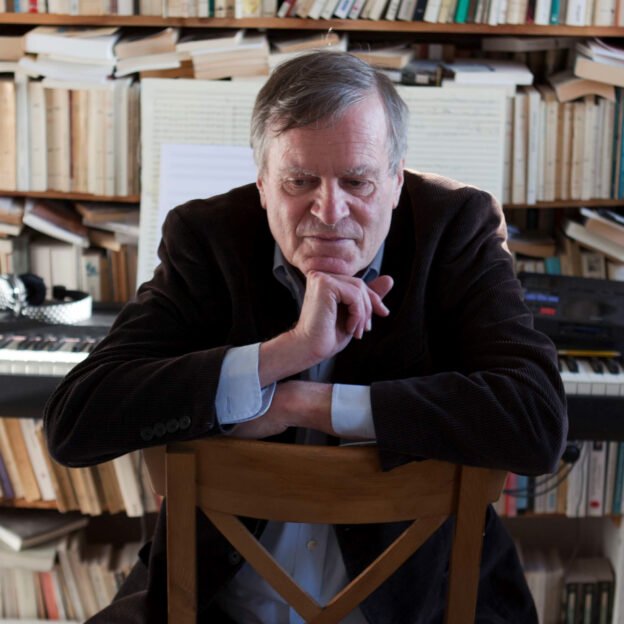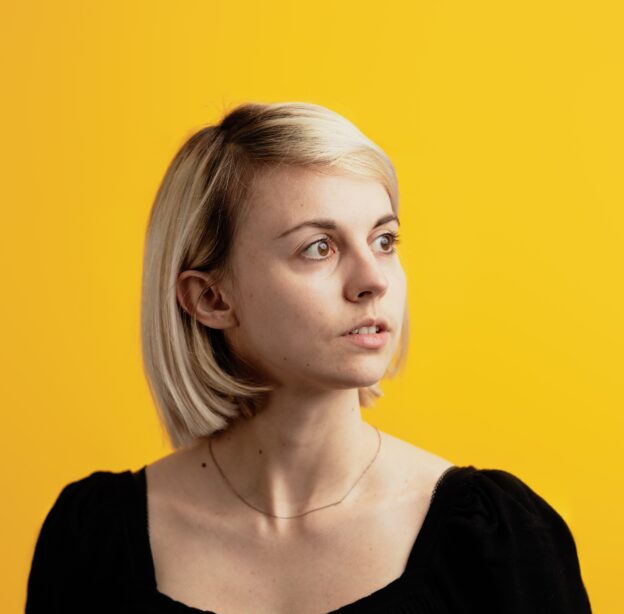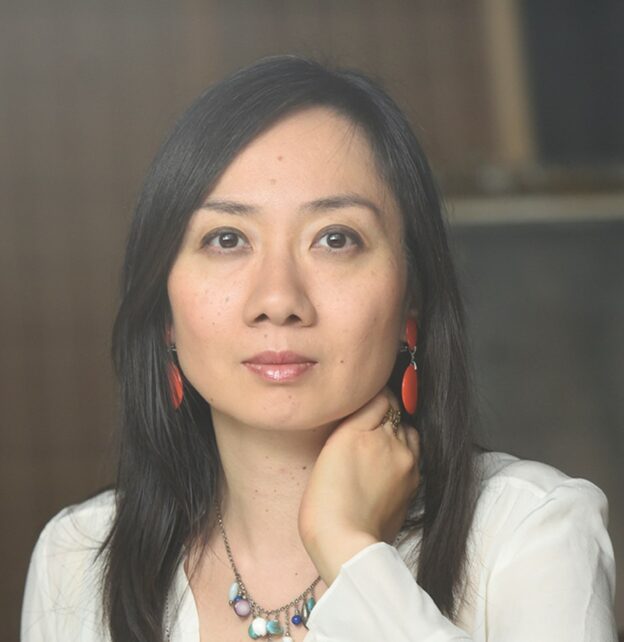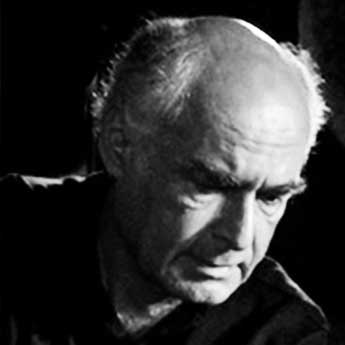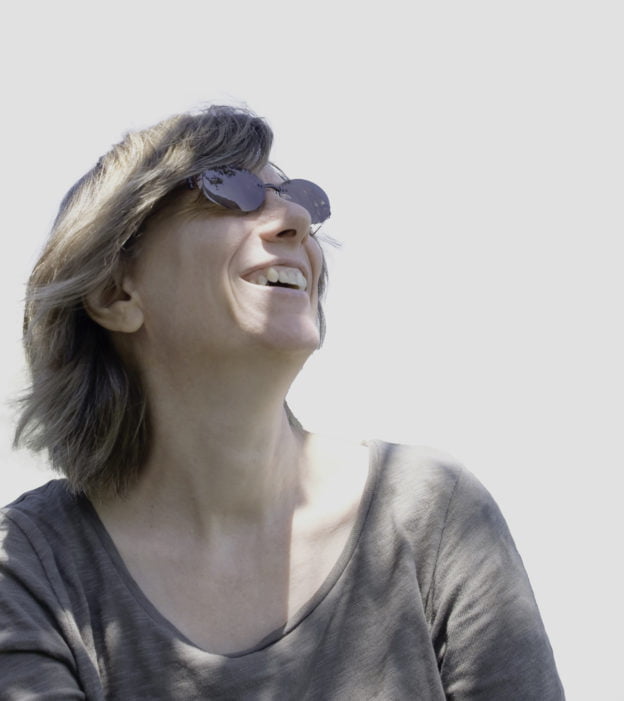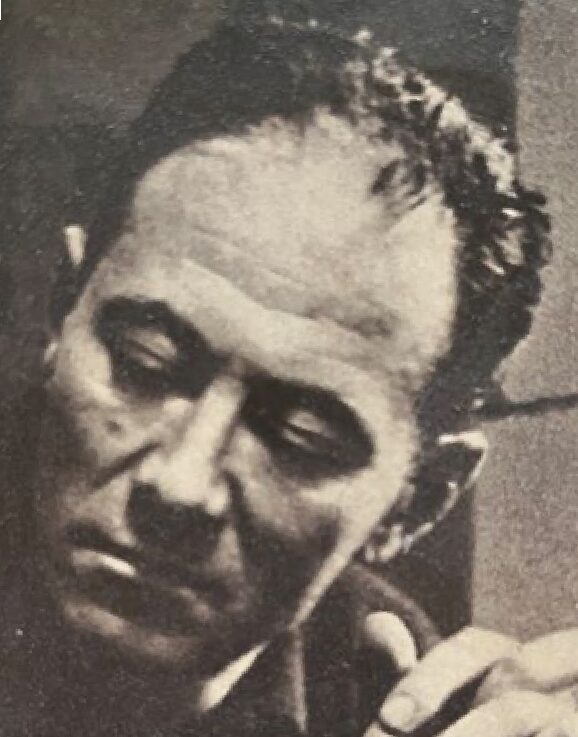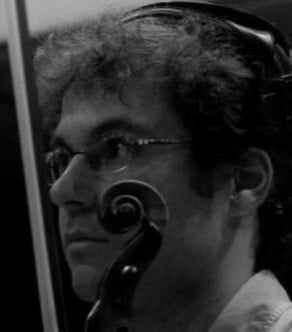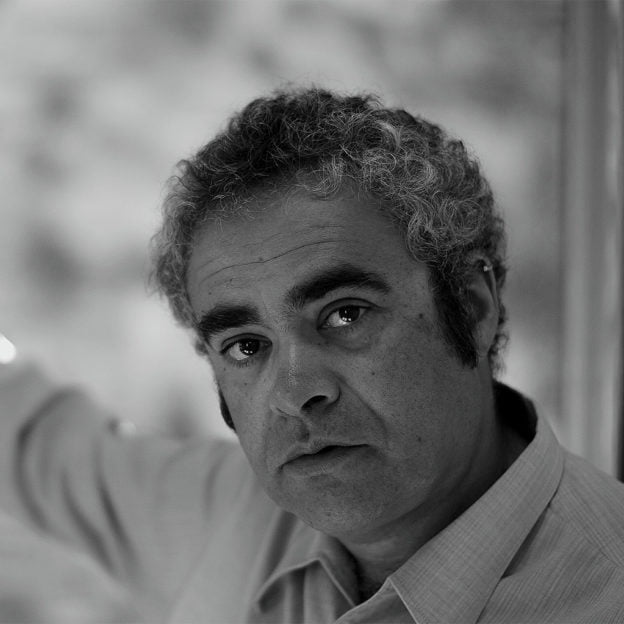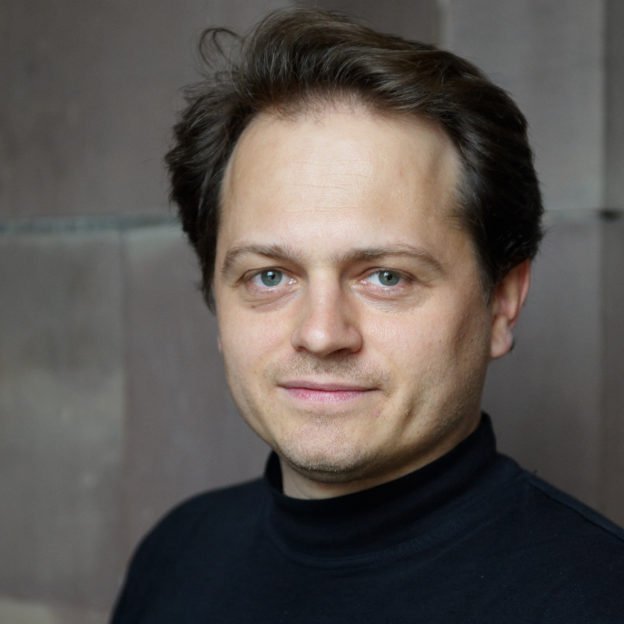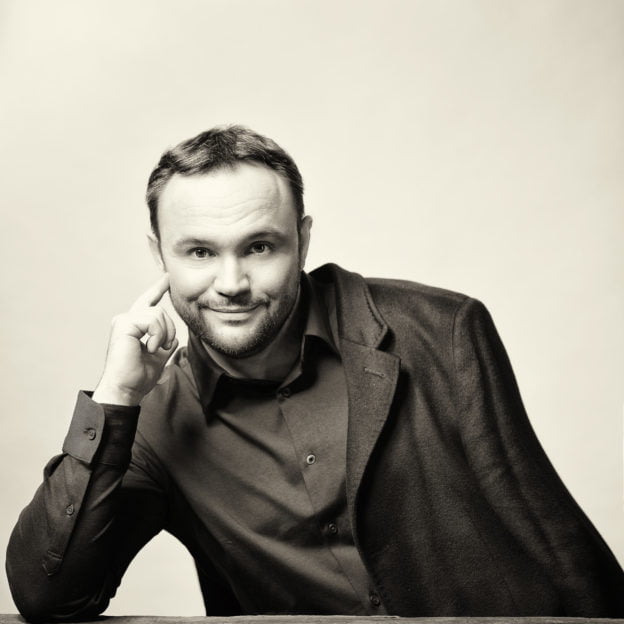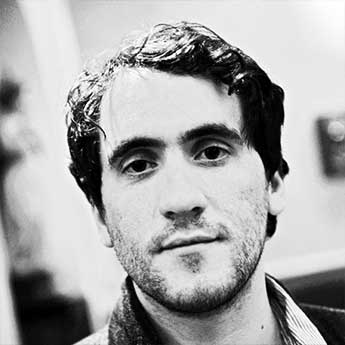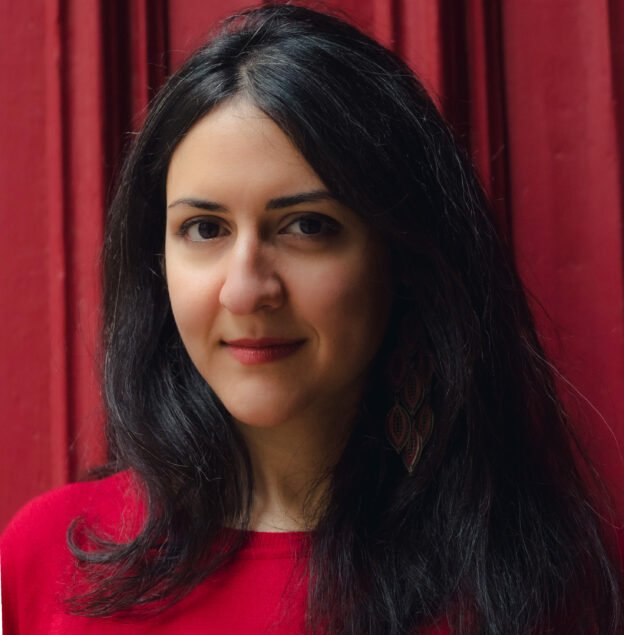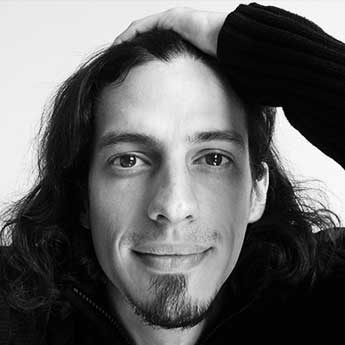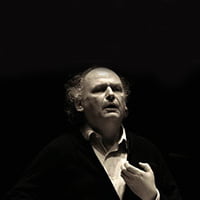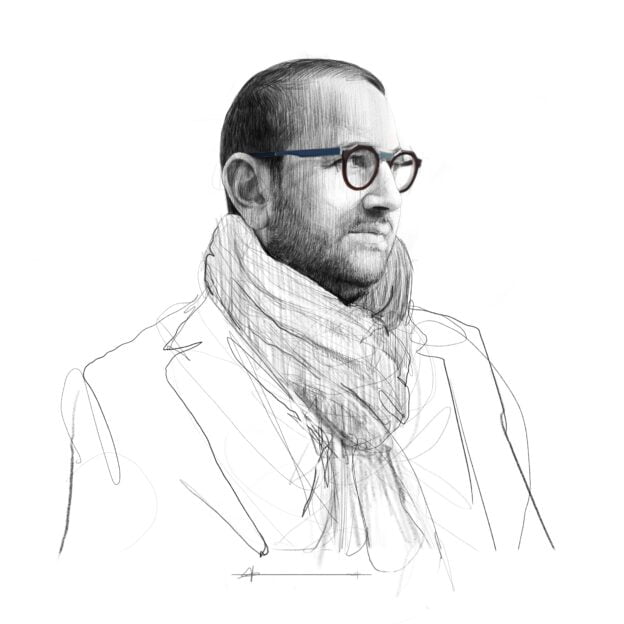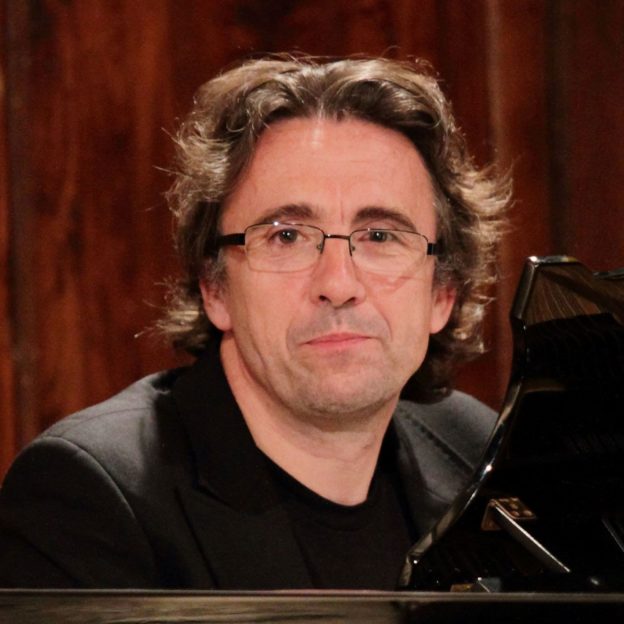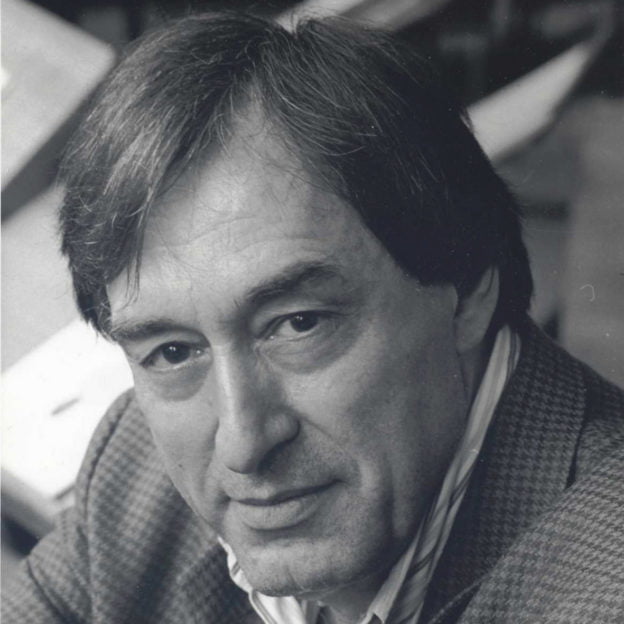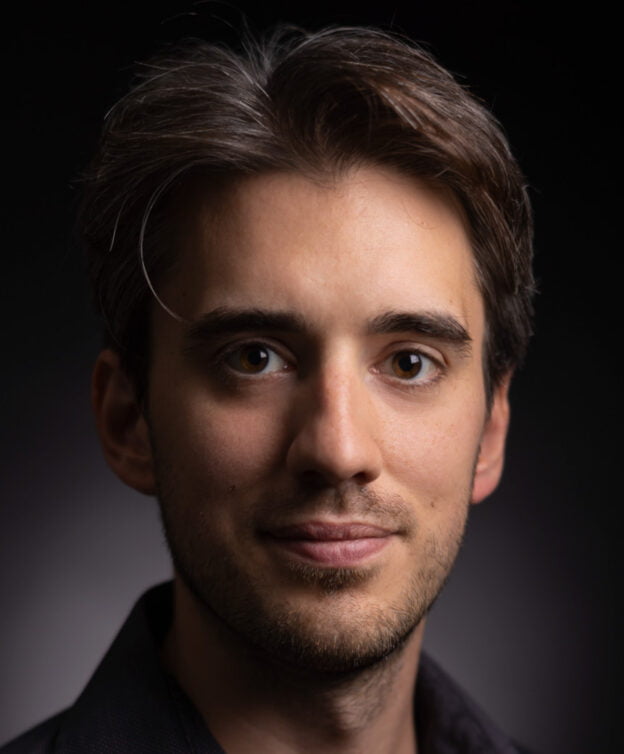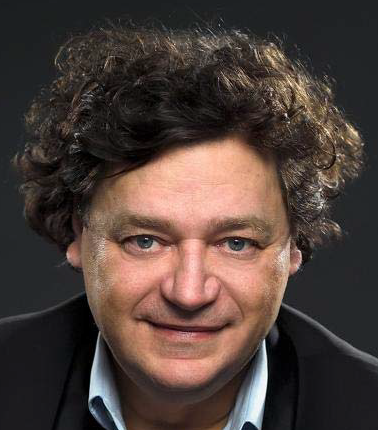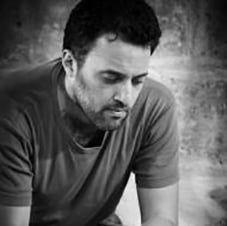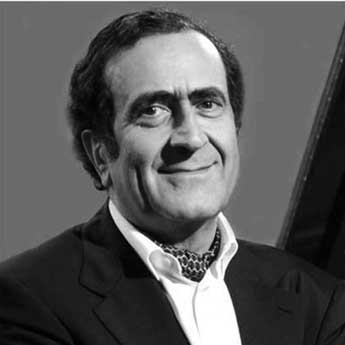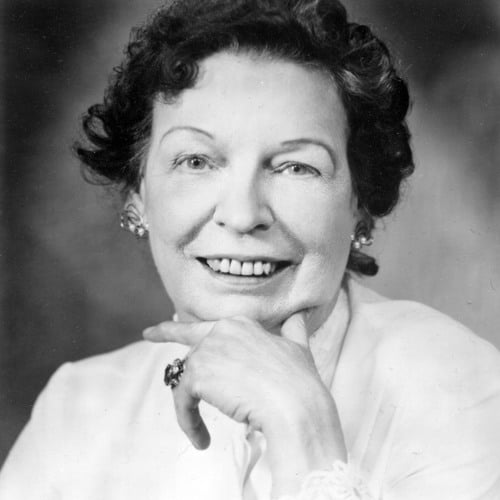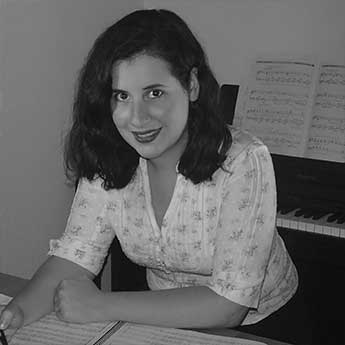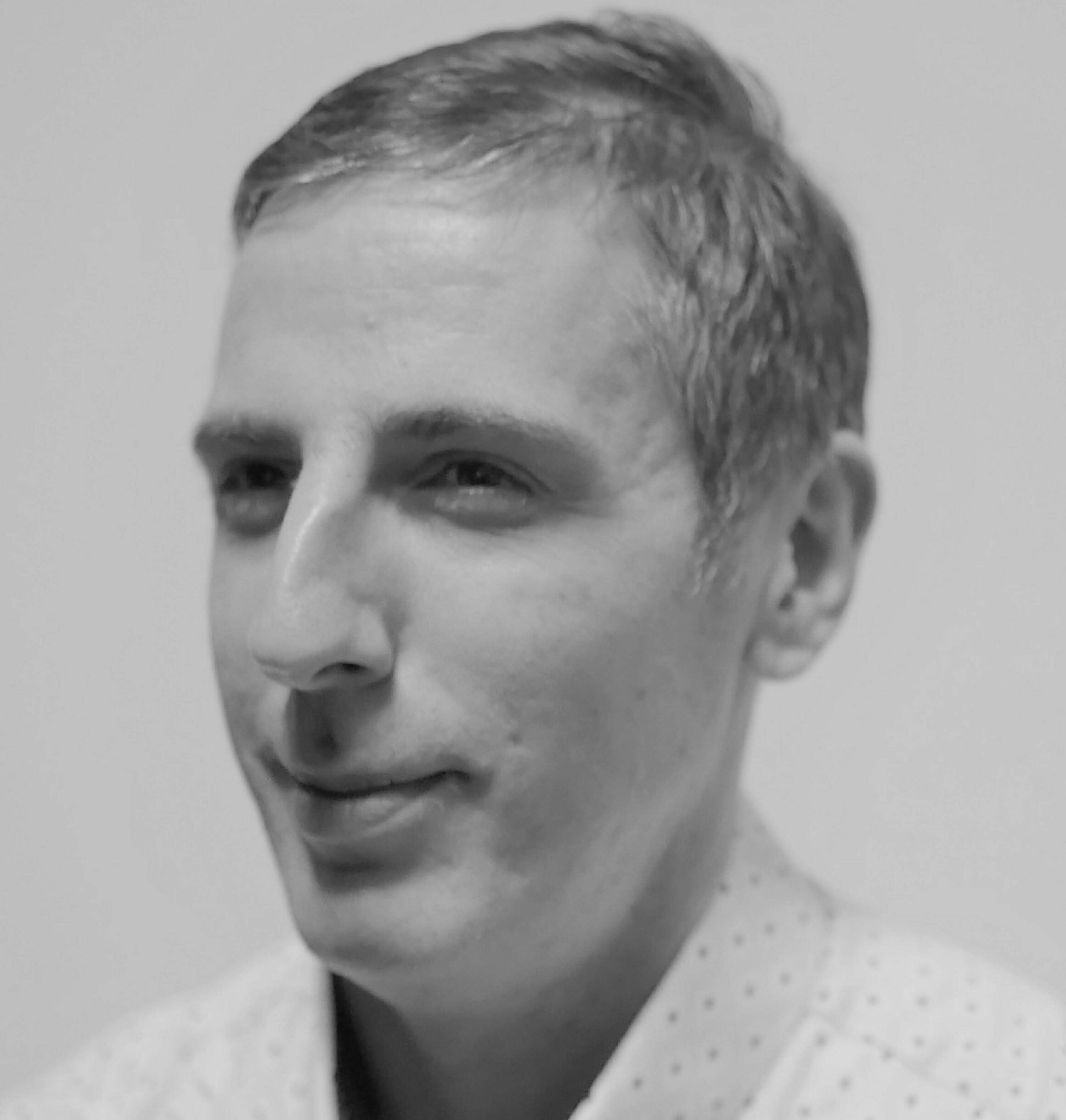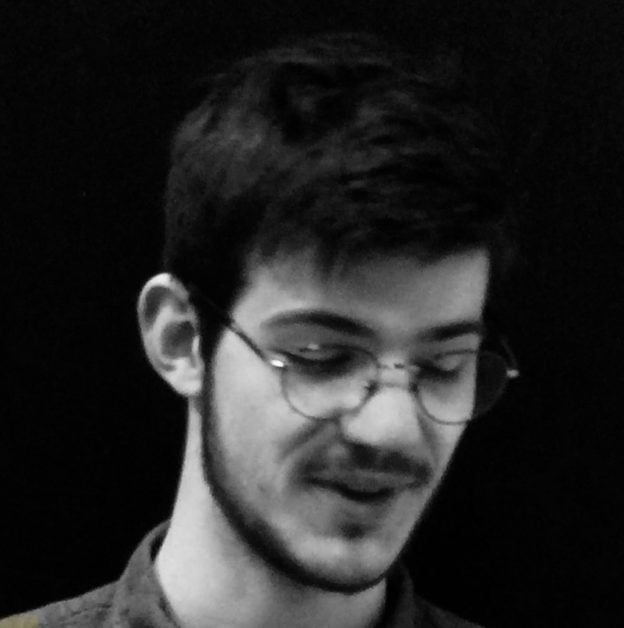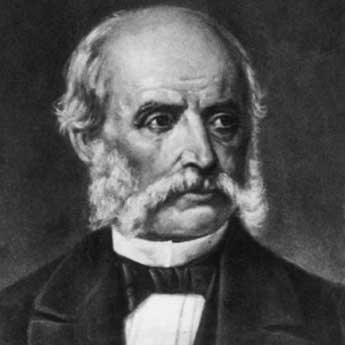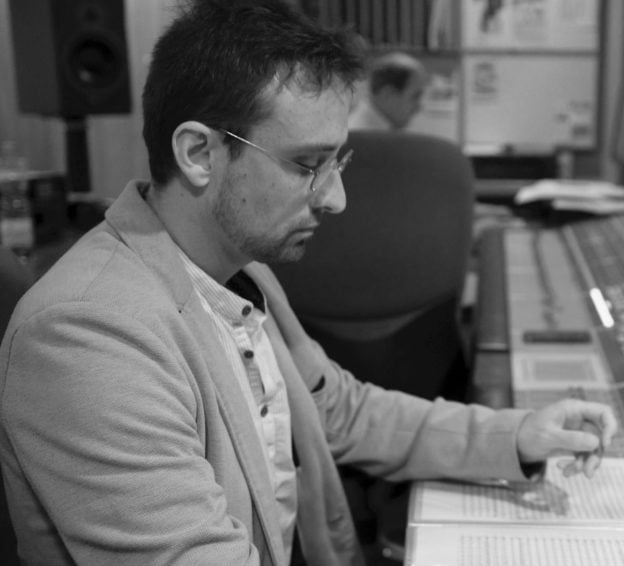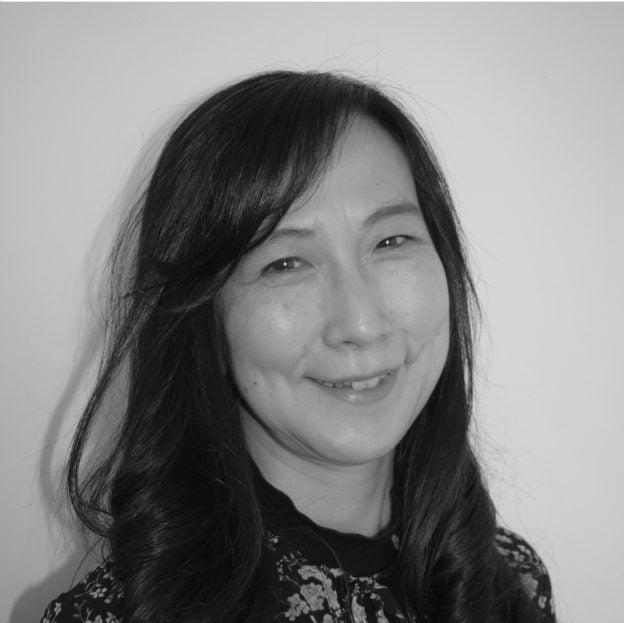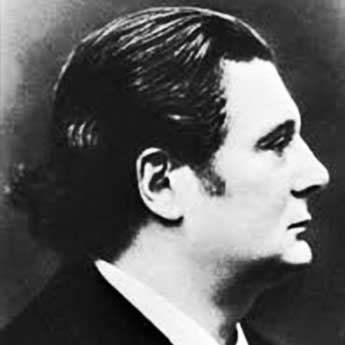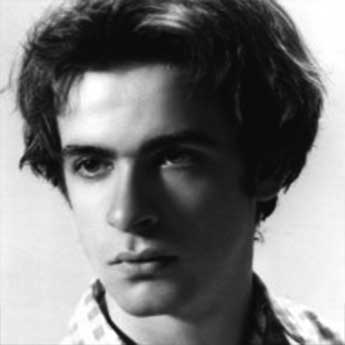
GREIF Olivier
(1950 – 2000)
Olivier Greif studied music at the Paris Conservatoire. He studied with Lucette Descaves for piano, Jean Hubeau for chamber music, Tony Aubin for composition, Robert Blot for conducting and Marius Constant for orchestration. He won first prize for composition at the age of seventeen. He then studied in New York with Luciano Berio, who taught at the Juilliard School.
Compositions
Biography
Born in 1950, Olivier Greif studied music at the Paris Conservatoire. He studied with Lucette Descaves for piano, Jean Hubeau for chamber music, Tony Aubin for composition, Robert Blot for conducting and Marius Constant for orchestration. He won first prize for composition at the age of seventeen. He then studied in New York with Luciano Berio, who taught at the Juilliard School.
He pursued a dual career as pianist and composer.
His compositions include the lieder cycle Wiener Konzert (1973), the War Sonata for piano (1975), Ravel’s Tomb for piano four-hands (1975), the sonata for violin and piano The Meeting of the Waters (1976), the Requiem Sonata for cello and piano (1979/1992), the Livre du Pèlerin (1980)… In 1981, he was unhappy with the lukewarm reception received by his chamber opera Nô, premiered at the Centre Pompidou. This failure, which came at a time when he had for some years been engaged in a spiritual process based on the practice of meditation, led him to withdraw from the musical scene. His activity as a composer was put on hold for ten years. He adopted the Indian name Haridas, which he finally abandoned in 1998.
In the early 90s, Olivier Greif “returned to music with more strength and less expectation than before”, in his own words. He composed Le Rêve du Monde and Trois pièces sérieuses (1993) for piano, Lettres de Westerbork for female voice and two violins (1993), the piano sonata Codex Domini (1994), and the Quintet A Tale of the World (1996). The Chants de l’Âme cycle, begun in 1979, was premiered in 1996.
In 1997 and 1998, Olivier Greif was resident at the Abbaye de La Prée.
A number of his works were premiered there, including the sonata for two cellos The Battle of Agincourt (1997), the Chansons apocryphes (1998), the fourth quartet Ulysses (2000)… In July 1999, the Cello Concerto Durch Adams Fall was premiered at Notre Dame de Paris, commissioned by the association Les Petits Frères des Pauvres.
This particularly rich period, in which Olivier Greif creates with a sense of urgency, also sees the composition of other major works: the third quartet with voice Todesfuge (1998), the Quadruple Concerto La Danse des morts (1998), the Trio for piano, violin and cello (1998), l’Office des Naufragés for soprano, clarinet, piano and string quartet (1998), the Requiem for double a capella choir (1999), Ich ruf zu dir for piano, clarinet and string quartet (2000)….
On May 13, 2000, Olivier Greif died suddenly at his Paris home, aged fifty.
“My music attempts to translate the experience of reality in its entirety. But not what we usually understand by the real, everyday reality, a “long quiet river”… The real I’m evoking here would rather be a totality, all places and all times simultaneously; all the real in one. It can only be an enormous, violent, cathartic, ecstatic experience.
Hence the attraction of the dream state, the hallucinatory or visionary state, or even – if I dare say so – the state of death; hence also the importance they have acquired in my music. …If the act of composing can still have a meaning for me, it is to bear witness, through the multiplicity of music and sounds offered to our ears today, to the multiplicity of experience of reality, and for this in turn to bear witness to the profound unity that permeates all things.”
News
No news available
Events
No event available
